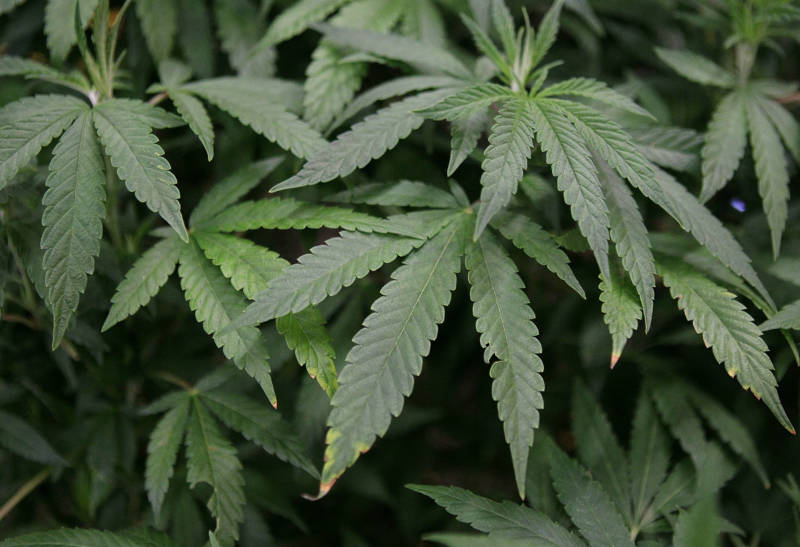This story was originally published by POLITICO California Pro on 7/17/2019
California’s marijuana legalization was supposed to provide economic justice to communities most affected by drug laws in the past, but Native American tribes that have suffered say the state is unfairly shutting them out of its nascent cannabis trade.
Tribes want the state to establish compacts, similar to gaming deals, that would allow them to sell cannabis grown on tribal lands to the broader California market. Under such arrangements, tribes would agree to regulations similar to those established under Proposition 64 and provide tax revenue to the state for products sold off-reservation.
But tribal leaders say they’ve been ignored by Gov. Gavin Newsom’s administration despite months of trying to get the state to engage on cannabis compacts. Their frustration spilled over last month at a state workshop in Los Angeles where the California Native American Cannabis Association gave an hour-long presentation criticizing the state that ended with Bureau of Cannabis Control Chief Lori Ajax visibly angry.
“Can’t we bypass those years of going at each other over these issues and just come to the good agreement where the state recognizes the tribe’s sovereignty for what they can do on the reservation and still have a productive, healthy market? Apparently not,” said tribal attorney Mark Levitan during the presentation.
The stakes are high for some 35 tribes interested in starting cannabis businesses to get back to the negotiation table. Because Proposition 64, which voters approved in 2016, was silent on how the state would interact with tribes in the legal marketplace, they’ve had to watch from the sidelines as the multibillion-dollar cannabis market rapidly develops without them. Many of these tribes rank among the communities with the highest rates of unemployment and drug abuse in the state.
As sovereign nations, tribes are able to regulate, grow and sell cannabis on reservation lands. However, to sell products off reservation, they currently have to sign a partial waiver of sovereign immunity that would give state agencies like the Bureau of Cannabis Control and California Department of Food and Agriculture complete regulatory control on tribal lands.
So far, none of California’s tribes have agreed to that arrangement.
“There’s already so much that has been taken and making that compromise and giving [sovereignty] up is what is deeply problematic for people who are marginalized,” said Ariel Clark, a cannabis businesses attorney who is half Native American.
Assemblyman Rob Bonta, D-Oakland, has carried legislation in each of the previous three years that would have allowed tribes to enter regulatory cannabis agreements negotiated by the governor and approved by the Legislature. The most recent bill, AB 924, gained the support of the cannabis industry after tribal leaders agreed to implement regulations and taxes mirroring the state’s. But it subsequently fell apart after Gov. Jerry Brown’s administration stood firm that tribes waive their sovereignty to allow for state oversight.
The barriers were significant enough that Bonta opted against pursuing another bill this year, according to his office.
The California Native American Cannabis Association, or C-NACA, thought it would have better luck going directly to Newsom because he championed Prop 64, and has tried to improve the state’s relationship with tribes.

